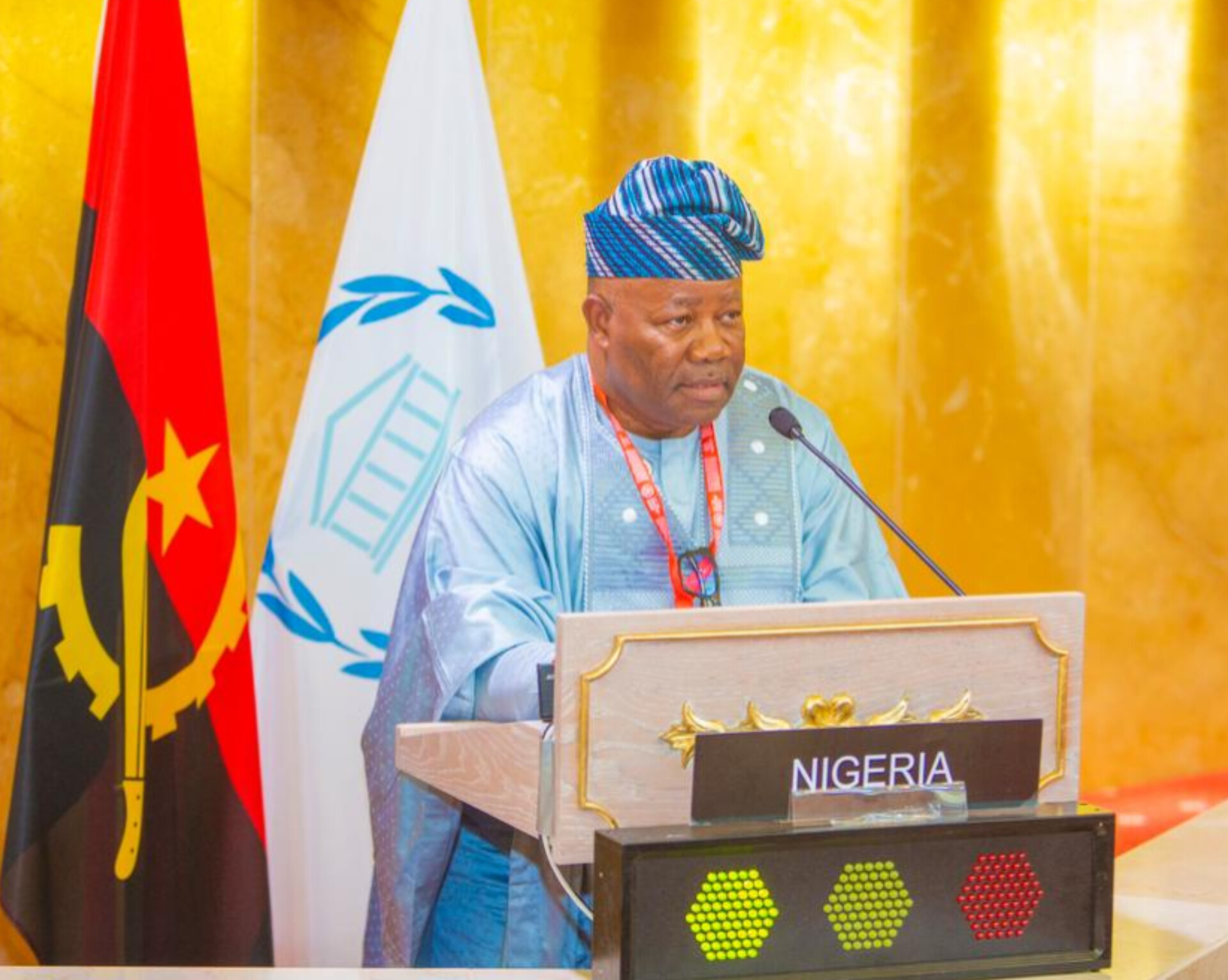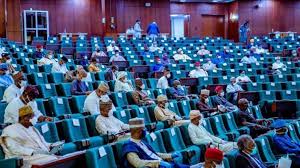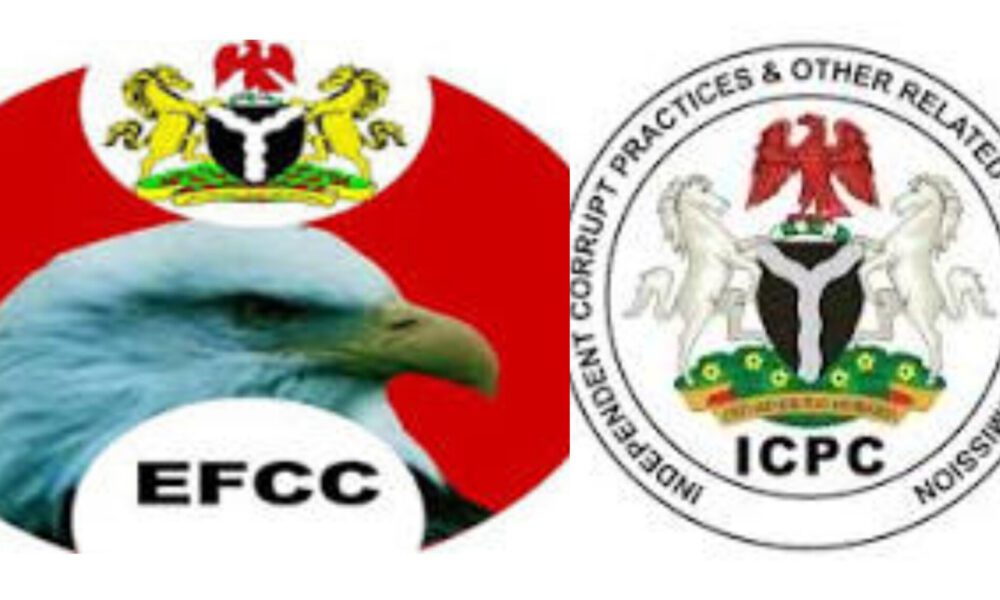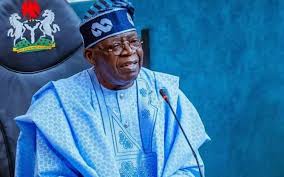Work towards global peace to foster development, the President of the Senate of the Federal Republic of Nigeria and leader of Nigeria’s delegation to the 147th Assembly of the Inter-Parliamentary Union in Luanda, Angola, Senator Godswill Akpabio has urged countries of the world
During the general debate on the theme: parliamentary action for peace, justice and strong institution, (SDG 16) Senator Akpabio said the world must urgently find a solution to the crises between Russia and Ukraine and the conflict between Israel and Palestine.

A statement by the Special Assistant on Media/Communication to the Senate President, Anietie Ekong, quoted Senator Akpabio to have stated that “promoting and maintaining peace and development in the society must always be our primary role. That is why we enact laws to protect human rights, foster social cohesion, and address the root causes of conflicts. We also promote dialogue in resolving conflicts and build a culture of peace,” he said.

According to Senator Akpabio, “First and foremost, let us recognize the paramount importance of peace. Peace is not merely the absence of conflict; it is the foundation upon which prosperous nations are built. Without peace, we cannot achieve sustainable development, protect human rights, or ensure the well-being of our citizens. Therefore, it is essential that we prioritize peace as a fundamental pillar of our parliamentary agenda.
“Equally significant is the pursuit of justice. Justice is the bedrock of fair and equitable societies. It ensures that no one is above the law and that the rights of every individual are safeguarded. By enacting legislation that promotes justice, combats corruption, and upholds the rule of law, parliaments play a vital role in creating just and inclusive societies where all individuals can thrive.
“Furthermore, the practice of parliamentary diplomacy has proven instrumental in resolving conflicts and fostering peace. Through dialogue and negotiation, parliaments can bridge divides, build trust, and facilitate peaceful resolutions. The power of parliamentary diplomacy lies in its ability to transcend political differences and focus on shared objectives, ultimately paving the way for long-lasting peace in our nations,” he said.
He listed steps taken by the Nigerian Government towards social cohesion to include the establishment of the North East Development Commission (NEDC) and the Niger Delta Development Commission (NDDC) the National Social Investment Program and the Counter terrorism Centre under the office of the National Security Adviser.
Senator Akpabio urged delegates to recognize the urgency of parliamentary action for peace, justice, and strong institutions. “Let us work together to strengthen our parliamentary institutions, empower our citizens, and promote dialogue and cooperation at all levels. By doing so, we can lay the foundation for a brighter future, where peace, justice, and strong institutions prevail,” he said amidst loud ovation.




